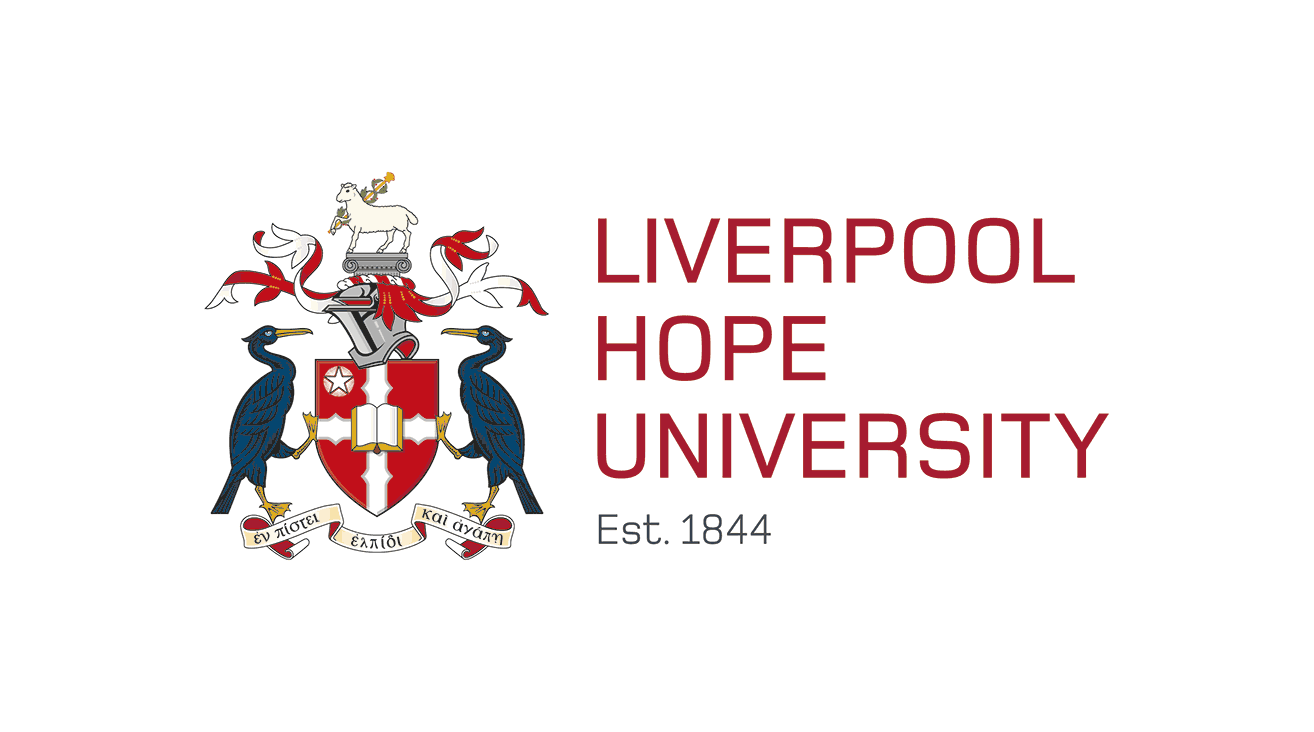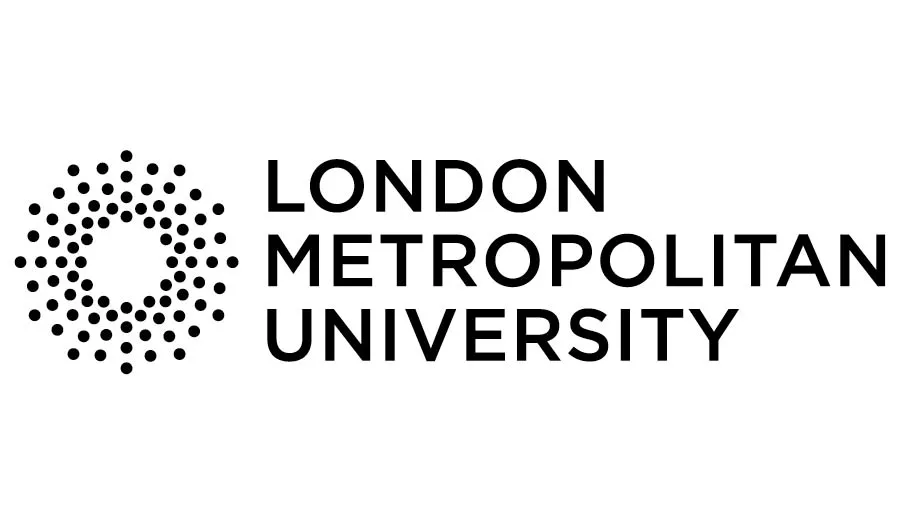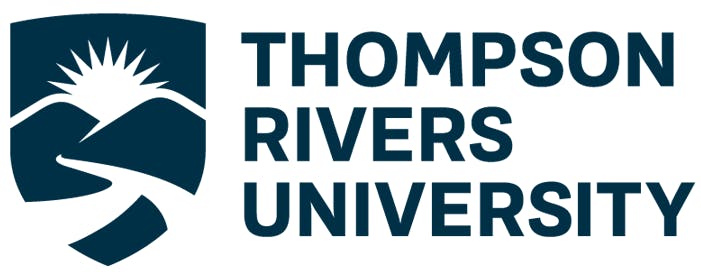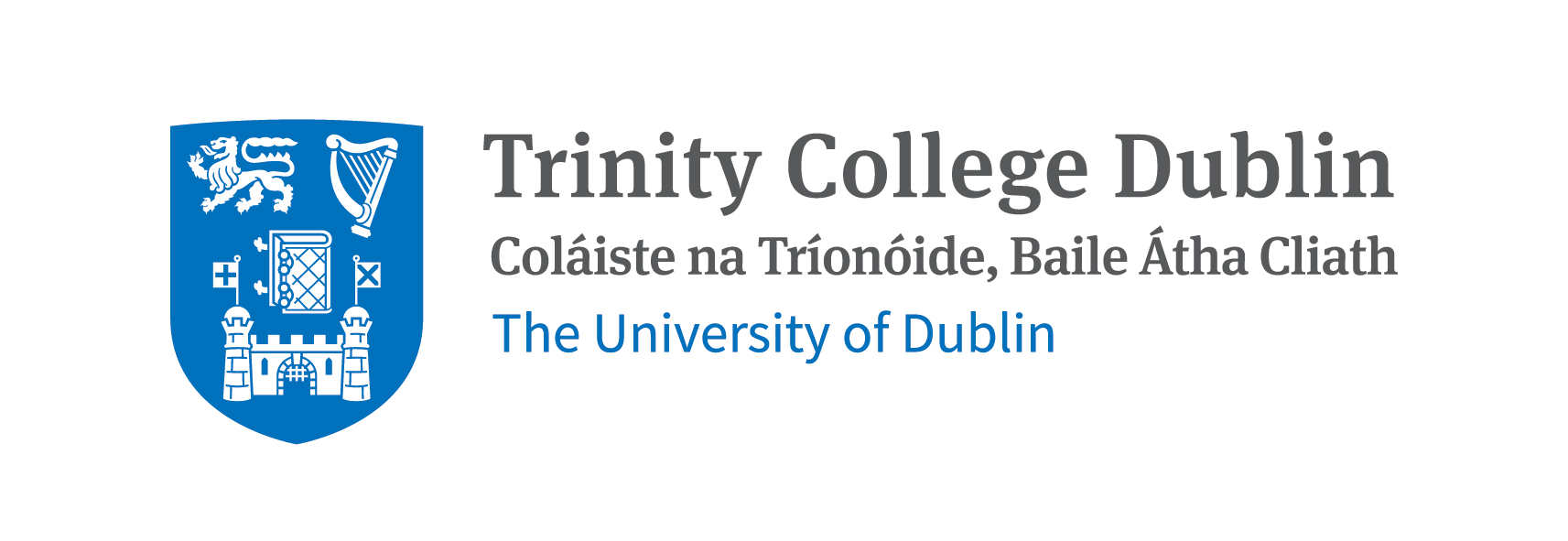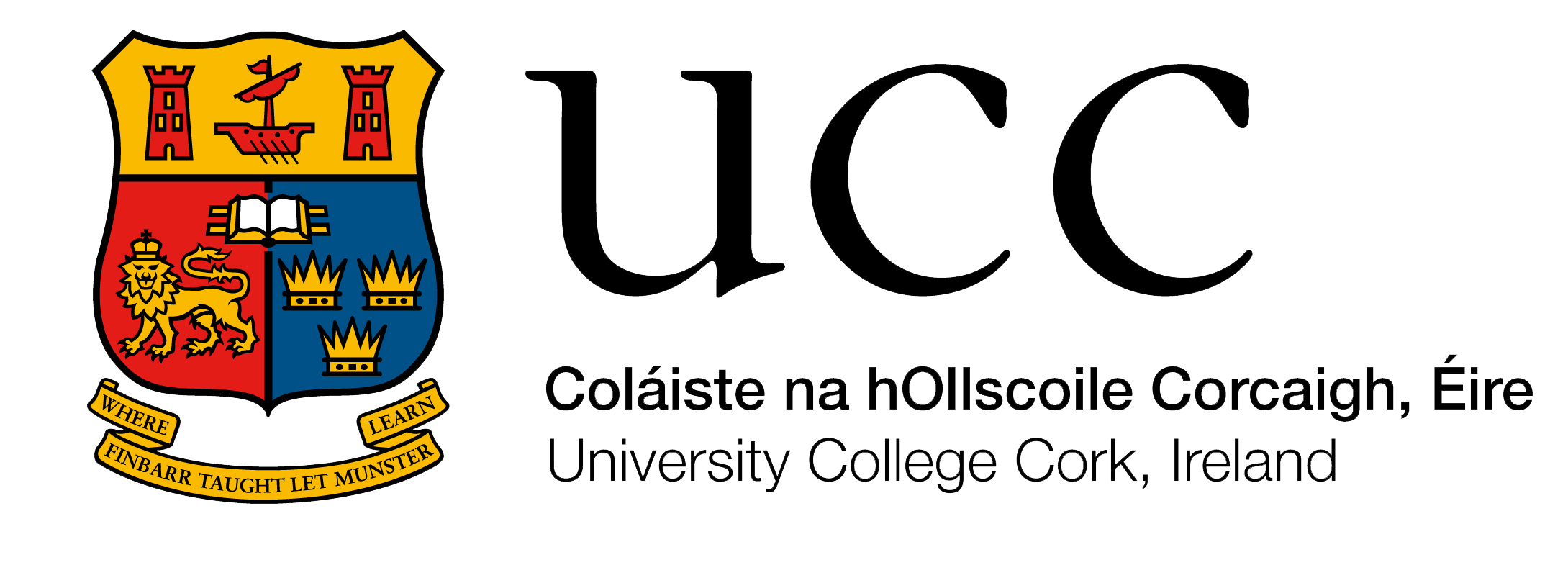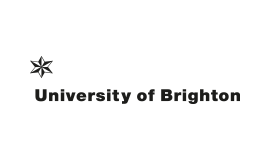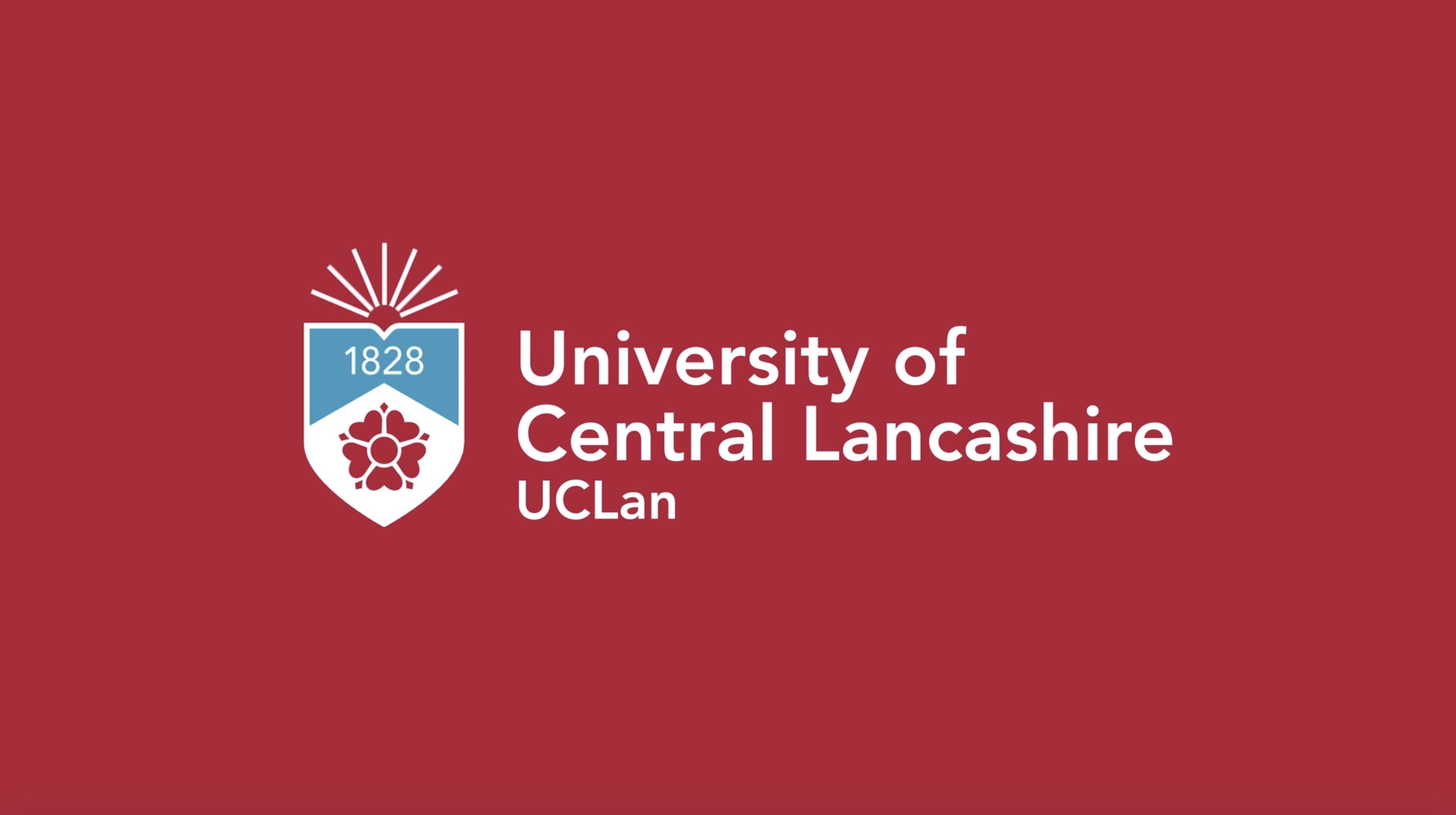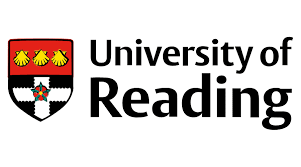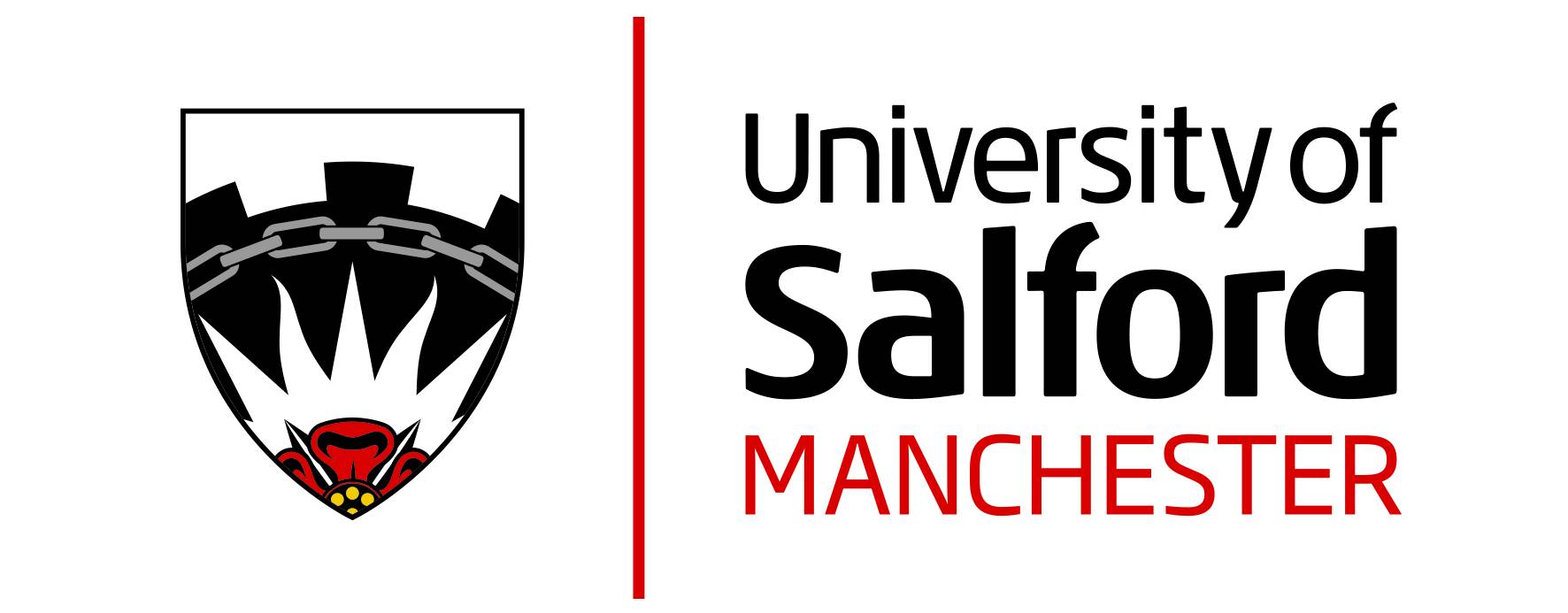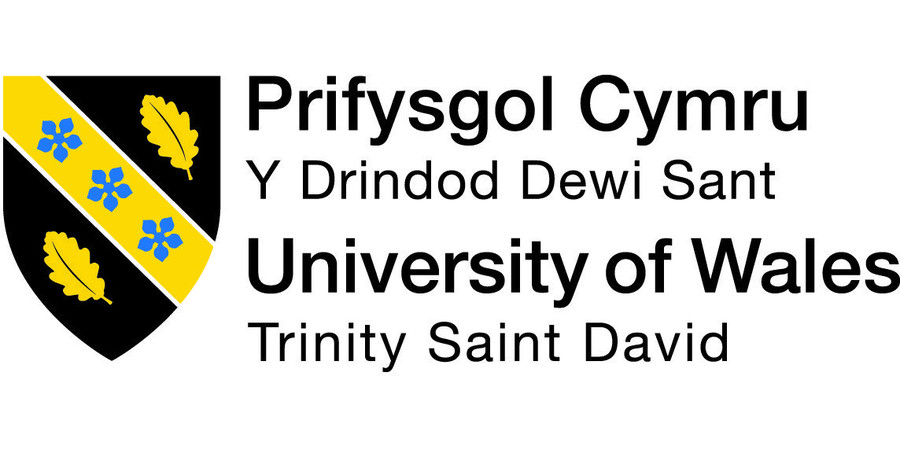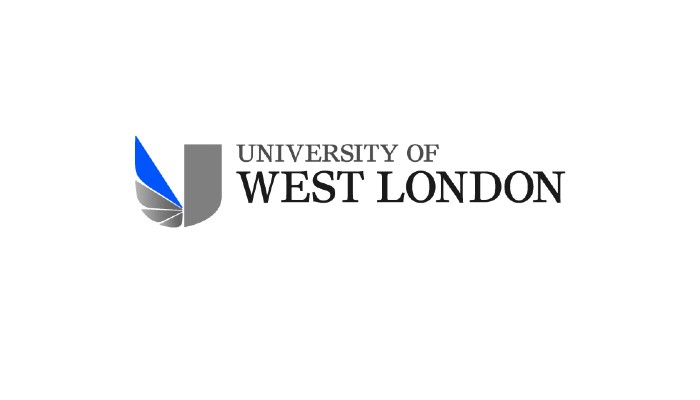Sociology: Understanding Society and Human Behavior
Sociology is the scientific study of society, social relationships, and human behavior within those structures. It explores how individuals interact with each other and their environments, examining topics like culture, inequality, institutions, and social change. For Indian students dreaming of studying abroad, pursuing Sociology offers a unique lens to analyze global issues while reflecting on India's diverse social fabric—from caste systems and urbanization to gender dynamics and globalization.
Imagine dissecting the impacts of migration on Indian diaspora communities in the UK or exploring social justice movements in the US. Studying Sociology abroad equips you with critical thinking skills to navigate an interconnected world, making it an ideal choice for those passionate about social reform and policy-making.
Why Choose Sociology for Your Study Abroad Journey?
Sociology isn't just an academic pursuit; it's a gateway to understanding the complexities of modern life. As an Indian student, you'll gain insights that bridge Eastern and Western perspectives, helping you address pressing issues like social inequality in India or cultural integration abroad.
- Global Perspective: Learn how societies evolve, from traditional Indian joint families to individualistic Western cultures.
- Critical Skills: Develop analytical abilities to research, debate, and solve real-world problems like poverty, discrimination, and environmental justice.
- Career Versatility: Opens doors to fields like social work, HR, policy analysis, and even journalism.
- Personal Growth: Enhances empathy and cultural awareness, essential for thriving in diverse international settings.
With the rise of social media and global events like the COVID-19 pandemic, Sociology has become more relevant than ever. Indian students often find that abroad programs emphasize fieldwork and internships, allowing hands-on experience in multicultural environments.
Top Destinations for Studying Sociology Abroad
Choosing the right country can transform your educational experience. Popular destinations offer world-class faculty, research opportunities, and vibrant student communities. Here's a quick overview:
| Country | Top Universities | Key Highlights for Indian Students | Average Tuition (per year, in USD) |
|---|---|---|---|
| United Kingdom | University of Oxford, London School of Economics (LSE), University of Manchester | Strong focus on social theory; proximity to Europe for field trips; scholarships like Chevening for Indians. | 20,000 - 30,000 |
| United States | Harvard University, University of California (Berkeley), New York University | Diverse campuses with Indian student societies; emphasis on empirical research and internships. | 30,000 - 50,000 |
| Australia | University of Melbourne, Australian National University, University of Sydney | Relaxed lifestyle; post-study work visas up to 4 years; focus on indigenous and migration studies relevant to Indian contexts. | 25,000 - 35,000 |
| Canada | University of Toronto, McGill University, University of British Columbia | Multicultural policies; affordable living; pathways to permanent residency for skilled graduates. | 20,000 - 40,000 |
These countries provide English-taught programs, making them accessible for Indian students. The UK and US are renowned for theoretical depth, while Australia and Canada offer practical, community-based learning.
Typical Course Structure and Duration
Sociology programs abroad are flexible, often spanning 3-4 years for a Bachelor's degree and 1-2 years for a Master's. They blend lectures, seminars, and independent research, encouraging you to apply concepts to real-life scenarios.
Bachelor's in Sociology (BA/BSc)
Duration: 3-4 years
- Core Modules: Introduction to Sociology, Social Research Methods, Classical Sociological Theory (Marx, Durkheim, Weber).
- Electives: Gender and Society, Criminology, Urban Sociology, Global Inequality.
- Assessment: Essays (40%), Exams (30%), Projects/Fieldwork (30%).
- Unique Feature: Many programs include a dissertation or internship in the final year, where you could study topics like India's digital divide or refugee experiences in host countries.
Master's in Sociology (MA/MSc)
Duration: 1-2 years
- Core Modules: Advanced Social Theory, Qualitative and Quantitative Methods, Contemporary Social Issues.
- Specializations: Medical Sociology, Environmental Sociology, or Digital Societies—perfect for exploring tech's role in Indian social movements.
- Assessment: Thesis (50%), Seminars (30%), Coursework (20%).
- Research Opportunities: Collaborate on projects funded by bodies like the EU or NSF, often involving cross-cultural studies.
For PhD aspirants, programs last 3-5 years, focusing on original research. Indian students can leverage their unique viewpoints on topics like postcolonial societies.
Eligibility and Application Requirements for Indian Students
Getting admitted is straightforward if you prepare well. Most universities require:
- Academic Qualifications: For Bachelor's, 10+2 with 60-70% marks (any stream, but Social Sciences preferred). For Master's, a Bachelor's in Sociology or related field with 55-60% GPA.
- English Proficiency: IELTS (6.5+ overall) or TOEFL (90+). Some universities accept Duolingo for affordability.
- Standardized Tests: GRE for US Master's/PhD (optional in many places); no SAT for UK/Australia undergrad.
- Documents: Statement of Purpose (SOP) highlighting your interest in Sociology—mention how studying abroad will help you contribute to Indian social development; Letters of Recommendation (2-3); Transcripts.
- Visa Essentials: Proof of funds (e.g., bank statements showing 1-1.5 years' expenses), health insurance, and a genuine student intent.
Application deadlines: Typically November-January for Fall intake. Start early to apply for scholarships!
Career Opportunities After Studying Sociology
A Sociology degree from abroad is highly valued for its emphasis on data-driven insights and ethical reasoning. Indian graduates often return with enhanced employability in a global job market.
- Public Sector: Policy Analyst, Civil Services (UPSC preparation benefits from sociological knowledge), NGO roles in organizations like UNICEF or Oxfam India.
- Private Sector: HR Specialist, Market Researcher, Diversity Consultant in companies like Google or Tata Consultancy Services.
- Academia and Research: Lecturer, Social Researcher at think tanks like Brookings India.
- Social Impact: Community Organizer, Journalist focusing on social issues (e.g., at The Wire or BBC).
Average Starting Salary: In India, ₹4-8 lakhs per annum; abroad, $40,000-$60,000 USD. With experience, roles in international development can exceed ₹15 lakhs.
Many alumni pursue further studies or entrepreneurship, like starting social enterprises addressing urban poverty in India.
Scholarships and Financial Aid for Indian Students
Studying abroad doesn't have to break the bank. Dedicated funding options make Sociology accessible:
- Government of India Schemes: National Overseas Scholarship for SC/ST students; ICCR scholarships for cultural exchange.
- University-Specific: LSE's Graduate Support Scheme (up to £15,000); University of Toronto's Entrance Scholarships for international undergrads.
- Country-Based: UK's GREAT Scholarships (£10,000 for Master's); Australia's Destination Australia (AUD 15,000/year); Fulbright-Nehru for US Master's.
- Private Foundations: Inlaks Shivdasani Foundation (up to $100,000); JN Tata Endowment (loan-scholarships up to ₹10 lakhs).
Tip: Highlight your Sociology interests in applications—focus on how you'll use the degree for social change in India. Part-time work (20 hours/week) and post-study visas can offset costs further.
Tips for a Successful Application and Study Abroad Experience
To make your Sociology journey seamless:
- Research Thoroughly: Read university brochures and connect with Indian alumni on LinkedIn.
- Build a Strong Profile: Volunteer with NGOs like Pratham or Akshaya Patra to show commitment to social causes.
- Prepare for Cultural Shock: Sociology programs abroad encourage open discussions—embrace diverse viewpoints while staying rooted in Indian ethics.
- Network Actively: Join Indian student associations and attend conferences like the British Sociological Association events.
- Plan Finances Wisely: Budget for tuition, living (₹10-15 lakhs/year abroad), and travel. Use tools like Education Loan calculators from SBI or HDFC.
Studying Sociology abroad isn't just about earning a degree—it's about becoming a global citizen equipped to foster positive change. Whether you're analyzing social media's influence on Indian youth or advocating for sustainable development, this field empowers you to make a difference. Start your application today and step into a world of profound insights!










































